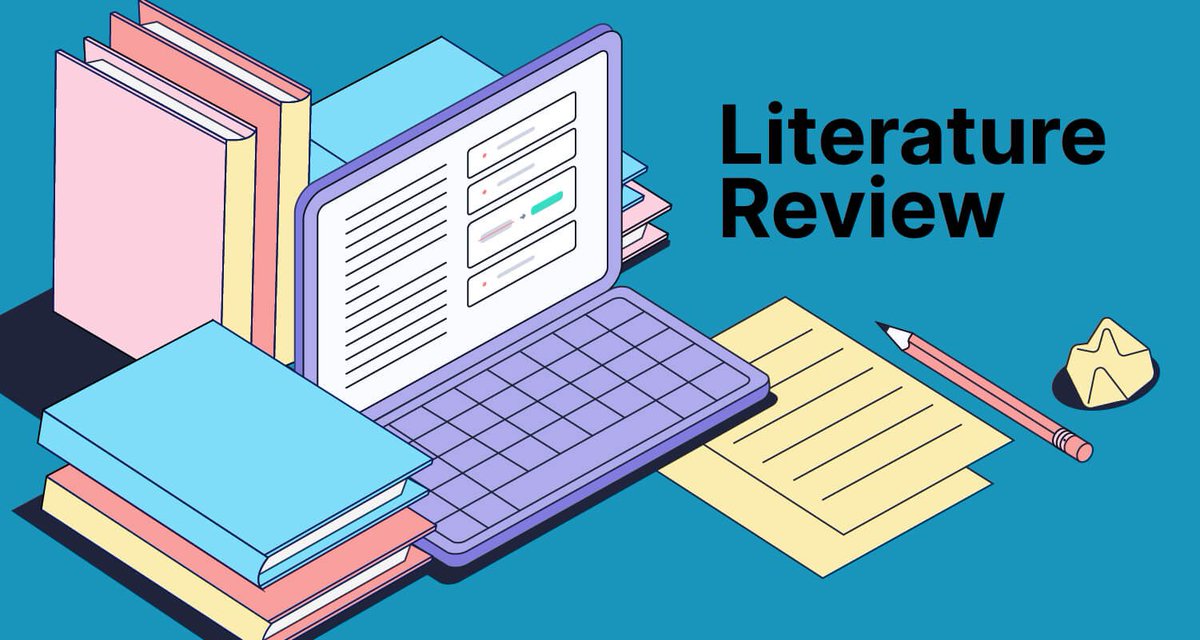Careful planning and paying attention to detail are essential to creating a research proposal that stands out. Here are some tactics to help your research proposal stand out from the crowd. #AcademicTwitter #research #academia #PhD @PhDVoice @PhD_Genie 

Start with a strong introduction.
Indicate the research issue or knowledge gap, emphasizing its importance and relevance. Make a compelling case for why your research is significant and worthy of attention to grab the reader's attention immediately.
Indicate the research issue or knowledge gap, emphasizing its importance and relevance. Make a compelling case for why your research is significant and worthy of attention to grab the reader's attention immediately.

Show that you have a solid grasp of the body of literature.
Conduct a thorough analysis of the pertinent studies in your discipline. Show how your proposed research expands upon and adds to the body of knowledge, emphasizing the special features and fresh perspectives.
Conduct a thorough analysis of the pertinent studies in your discipline. Show how your proposed research expands upon and adds to the body of knowledge, emphasizing the special features and fresh perspectives.

Your study goals and research questions should be clearly stated. Be clear, quantifiable, and specific. Ensure your objectives are consistent with the primary purpose of your research and the desired impact. Clear objectives show that the goal is clear. 

Create a reliable methodology.
Describe the study strategy, data-gathering procedures, and analysis methods. Explain why your methods are acceptable for answering your research questions. A carefully thought-out process increases the credibility of your proposal.
Describe the study strategy, data-gathering procedures, and analysis methods. Explain why your methods are acceptable for answering your research questions. A carefully thought-out process increases the credibility of your proposal.

Pay close attention to viability and usefulness. Give a detailed description of the materials, tools, and individuals needed for your research. Show that you have thought about potential obstacles and have a practical plan for overcoming them. 

Be sure to emphasise the importance and potential impact of your study. Clearly state the predicted results, including how they will advance knowledge in your discipline and how they will solve applications or difficulties in the actual world. 

Emphasize your credentials and area of expertise. Describe your academic history, research background, and any noteworthy accomplishments. Also, demonstrate your capacity for conducting relevant research. 

Ask your colleagues or mentors for their opinions. Ask them to evaluate your proposal and offer helpful critiques. Include their recommendations to reinforce your arguments, increase clarity, and solve potential flaws. 

Finally, give your proposal a thorough proofread. Pay close attention to punctuation, grammatical, and formatting mistakes. The reviewers will have a positive impression of your professionalism and attention to detail after reading a clean and error-free proposal. 

If you find these tips helpful, please retweet for the benefit of others and follow for more research-related tips 😊.
• • •
Missing some Tweet in this thread? You can try to
force a refresh

 Read on Twitter
Read on Twitter


















